Meet Jewish Women’s Giving Foundation’s Jamie Caplis
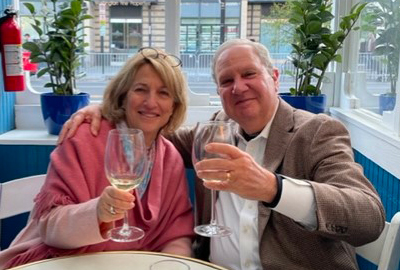
Doing good has always been part of Jamie Caplis’ DNA. As a young child, she was inspired by her parents whose commitment to social justice and equality would shape the woman she would become.
Upon graduating from Johns Hopkins University, she spent almost her entire career in the nonprofit world. And since retiring, she has turned her former vocation into an avocation, joining the Jewish Women’s Giving Foundation (JWGF)and chairing its recent multi-year grant committee.
We caught up with Jamie to learn more about her upbringing, her work with JWGF and what it means to be retired.
I understand your parents in some ways were trailblazers in the 1960s.
Yes. When I was a child, my mother was asked to become president of the Baltimore Music Club, an organization that brought music into public schools and gave scholarships to young, up and coming musicians in the city. She debated whether to accept this position because the Music Club was not integrated. Ultimately, she informed them that she would not accept the position unless the organization became integrated. Under her leadership, it did.
And your father?
My father was an attorney and CPA who used to say to me and my brothers that “All you have in this world is your name.” To him, personal integrity was paramount. Growing up, he also always told me I could do, and be, anything I wanted. My female gender was never considered an obstacle. You have to remember this was the ‘60s and a lot of young women were still not career oriented.
You eventually worked in the nonprofit sector.
I did. My career was very circuitous as I worked in a variety of capacities throughout the nonprofit world, including the City Commission on Aging, Pratt Library, Sinai Hospital, University of Maryland Medical Center, Urban Teachers and the Baltimore Community Foundation. I said that when I retired, I wanted to continue to do good work in Baltimore, but as an avocation rather than a vocation.
You joined JWGF and recently chaired its multi-year grant committee.
Each year, the women in JWGF review proposals and vote to fund programs that help improve the lives of women and girls in Baltimore and Israel. JWGF, however, views its multi-year grant differently. This initiative provides JWGF members with the opportunity to take a deep dive in understanding and addressing a particular social issue. We then make a three-year investment in a particular nonprofit partner in order to help ensure its success in addressing this issue.
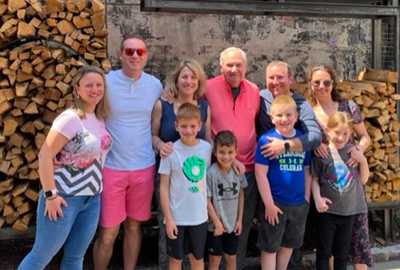
How does the process work?
I worked with a wonderful committee of committed women who brought a variety of perspectives to our meetings. We had many rich conversations as we contemplated what our funding priority should be. Last year, because JWGF focused on DEIJ (diversity, equity, inclusion and justice) we decided to choose an organization that embodied these principles on behalf of a vulnerable population. After surveying the entire JWGF membership, we chose to focus on mental health for school-aged girls in Baltimore City. Given how the pandemic not only exacerbated anxiety and depression among these students but how People of Color, in general, experienced disparities in access to quality and affordable health care, this issue seemed very fitting.
Who did you choose?
We opted to direct our funds to a nonprofit that promoted mental health wellness, rather than crisis-oriented services. We chose BOND (Building our Nation’s Daughters) as our multi-year grantee. A local nonprofit that attempts to build community and strengthen relationships between single mothers and their daughters, the program uses restorative circles to help moms and their daughters learn how to communicate in healthy ways, resolve conflicts and settle disputes. The fact that these programs will be held in schools and housing communities decreases barriers to care, making it easy for the girls and their mothers to attend.
As a woman, you too were a trailblazer during college.
I don’t think of myself as a trailblazer but I was a member of the second co-ed graduating class at Hopkins.
How did you meet your husband?
I worked one summer as a teller at the Maryland National Bank on the corner of Sudbrook Lane, shortly after transferring to Hopkins. I was working the drive-in window one day when a man drove up and tried to scam the bank — depositing $1 (he would later claim he deposited $1000). I thought it was odd and talked about it to the man who drove up behind him.
The next day, I came back from lunch and the man whose car followed the scammer stopped by to inquire about his deposit. He told me he was shy, but wanted to meet me. We connected and we’ve been married 49 years now.
You’re retired after a busy career. How do you fill your time?
I was always so busy that I never got to do things for myself. Since I’ve retired, I am equally busy but my time walking 3-4 miles a day with my husband and our dog (a lifesaver during the throes of the pandemic), going to the gym a couple times a week, traveling (pre-COVID), studying genealogy, taking classes, reading voraciously and cooking — too much. And, of, course, I spend time with my children and grandchildren, the loves of my life.
For those of us looking for a great book recommendation this summer, any thoughts?
So many to think about. Call me and we can discuss.
Subscribe to our newsletter
The Associated is a home for everyone in the Baltimore Jewish community. We offer several email lists to help people find a community, engage with their peers and support Jewish journeys around the world.
Join Our Mailing ListAdd Impact to Your Inbox
Sign up for our newsletter
Subscribe to our newsletter
The Associated is a home for everyone in the Baltimore Jewish community. We offer several email lists to help people find a community, engage with their peers and support Jewish journeys around the world.
Join Our Mailing List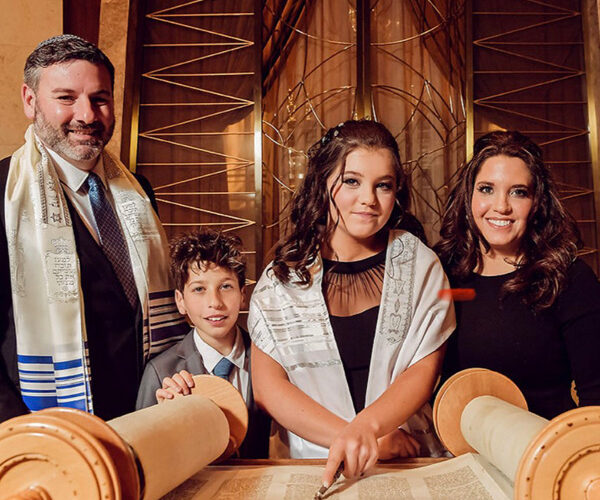
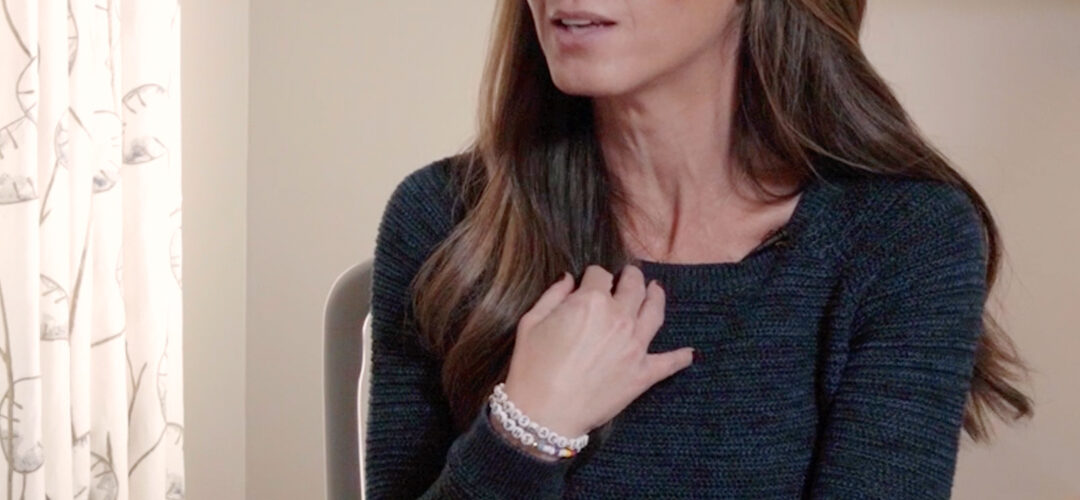
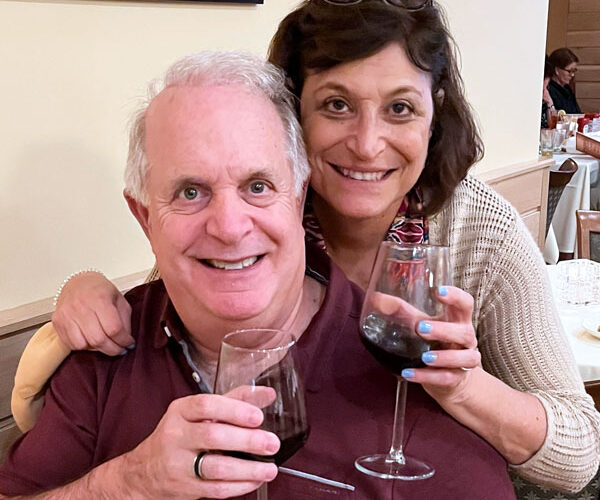

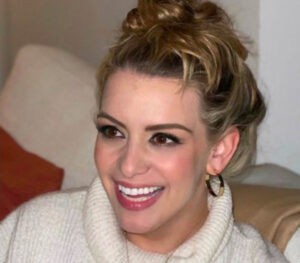

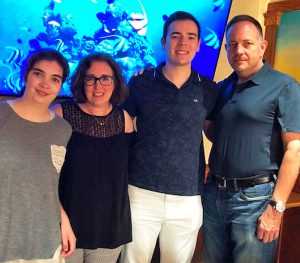

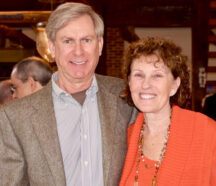
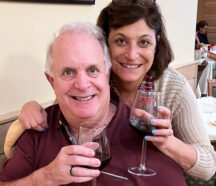
 Please Wait while we loading your video.
Please Wait while we loading your video.